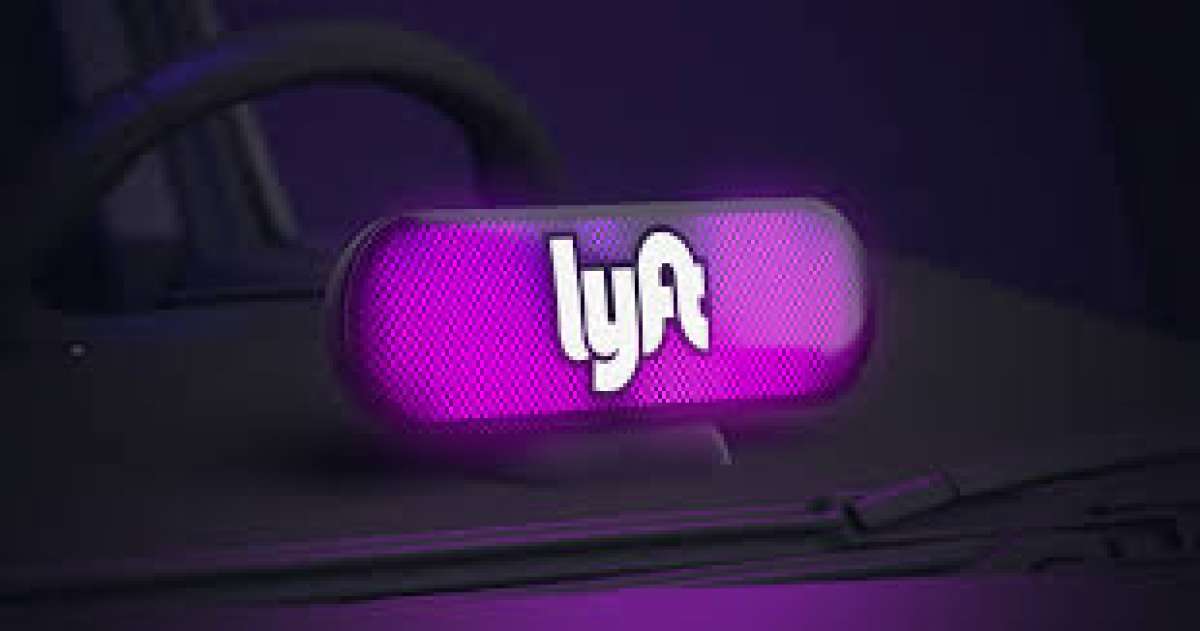As the auto makers are scrambling to determine what consumers want in vehicles in the future, ride-sharing service Lyft is branching out into electric scooters. Lyft is considering launching a scooter rental service in San Francisco.
San Francisco on the Cutting Edge
San Francisco is a hotbed for automotive experiments. Ford is already trying out new shuttle services, like Chariot, as well as bicycles to make commuting easier in San Francisco. The city is notoriously difficult to drive in because it is so crowded. Lyft is considering the option of scooter rentals to ease the traffic congestion as well.
Several companies are already offering electric scooters for rent in cities like San Diego, Washington D.C. and Los Angeles.
The Advanced Mobility Project is reporting that Lyft is developing prototypes and has asked San Francisco’s transportation department about applying for permits.
San Francisco is cracking down and requiring permits because a number of vendors have been renting out electric scooters without any sort of permission or regulation by the city.
According to AMP “The city initially will grant permits to five companies. Operators will be allowed to deploy a combined 1,250 scooters for six months, and double that number for the following six months.”
How Riders Might Benefit
Electric scooters would operate much like the red bike programs you see popping up in cities across America. The rentals would be great for short hops, that people often take taxis or ride-sharing services for. The scooters could help cut down on that aspect of congestion. The electric scooters wouldn’t be practical for long trips or carrying cargo.
Lyft has partnered with General Motors, Jaguar and Ford in the last few years as they all try to sort out the future of vehicles and commuting. Much like Ford’s bicycle program, the electric scooters could really help with daily transit. As commuters take rail or buses to larger stops, they could hop on scooters to go that last mile or two to their final destination. The scooters could also maneuver through stop and go traffic more easily than a car or truck.
One of the big questions that Lyft has to answer is how can the scooters be locked when not in use so they aren’t stolen. Another big question is how can the scooters be tracked if they are stolen. Because the scooters are relatively portable, theft is an unfortunate possibility.
It makes sense that cities with severe traffic congestion would consider helpful alternatives. By requiring permits, cities can also regulate the vehicles for safety reasons. It also makes sense that companies like Lyft would capitalize on the possible solutions. Easing congestion and improving commuting is a win-win.





